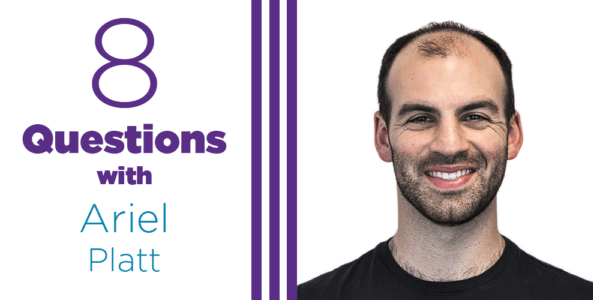4. What do you like most about working at Rosov Consulting?
My favorite part about working at Rosov Consulting is the people. Though the work is both engaging and meaningful, the office is beautiful, and the snacks are tasty, this is a fantastic job because of my colleagues. This company has done a remarkable job hiring and training employees who are incredibly driven, reliable, organized, and dedicated, yet simultaneously friendly, trusting, caring, and fun! Above all, we treat each other with a deep sense of respect and it is that same respect which underlies all of the work we do and all of the relationships we build both internally and externally.





